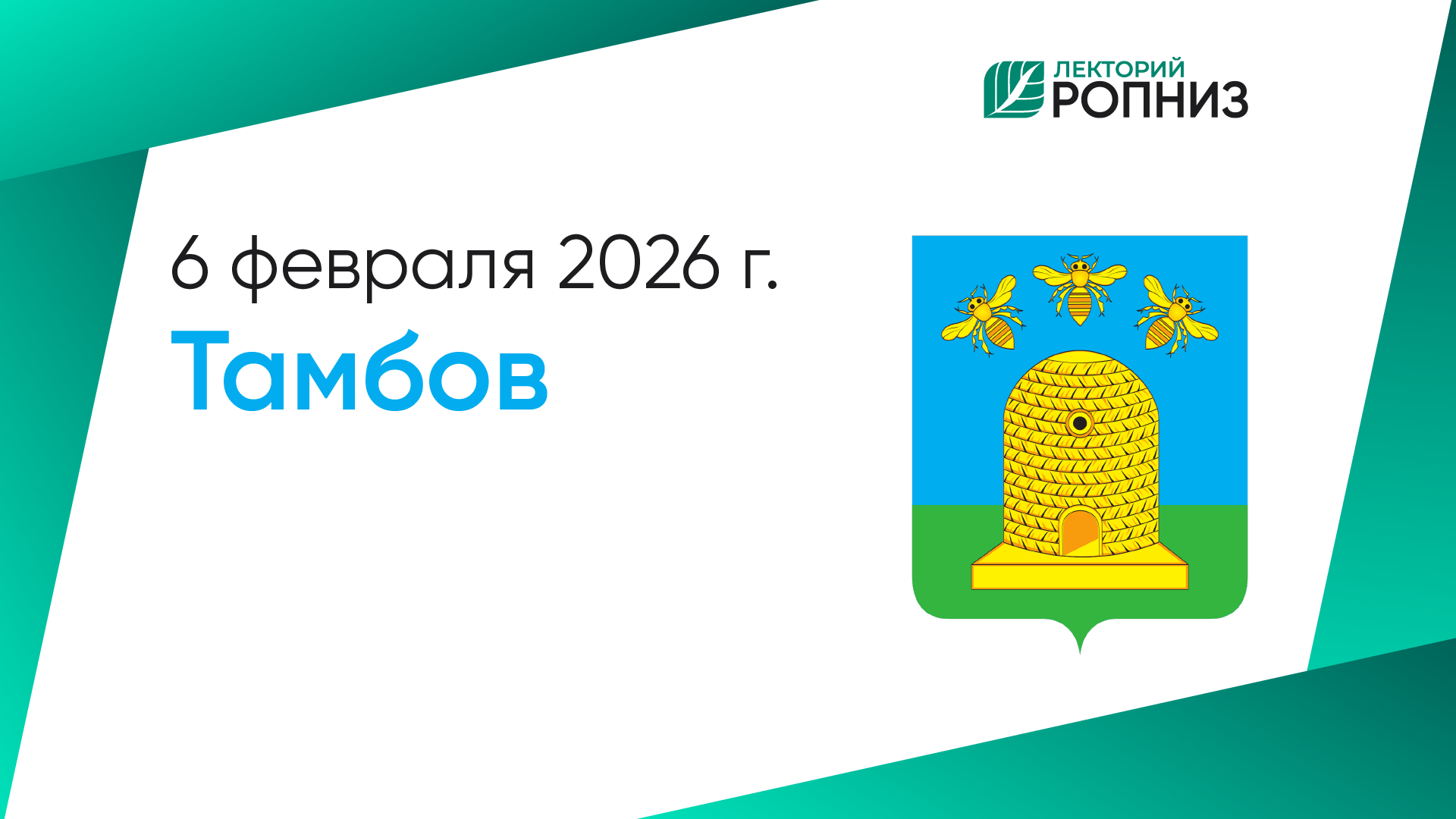Digital health literacy in primary care: a key driver of patient satisfaction in the era of digital transformation in healthcare
https://doi.org/10.15829/1728-8800-2023-3865
EDN: RXVGTN
Abstract
Aim. To analyze digital technologies in the primary health care system, as well as studying the impact of digital health literacy on patient satisfaction with the services provided.
Material and methods. A study assessing patients' opinions on the digitalization of primary care in Russia was conducted from June to September 2023 among 1004 participants from 42 regions. A questionnaire with 33 questions was used, of which the 8 most relevant ones were selected for the article, aimed at assessing the satisfaction and personal experience of patients in using digital technologies. Data was collected through Yandex Forms. Data analysis included synthesis of results, classification and content analysis of literature.
Results. The study examined the impact of digitalization on primary care patient satisfaction. Analysis of digital technologies in the primary health care system made it possible to establish that the target audience has a positive attitude towards the introduction of innovations. The patients also aimed at using them and are ready to seek new digital medical services. At the same time, it is important for patients to increase the effectiveness of personal interaction with the physicians. In order to improve digital innovation, development of practical guidelines for the updating and further implementation of digital tools is needed.
Conclusion. The study confirmed that digital health literacy plays an important role in improving primary care patient satisfaction. Based on the data obtained, it is necessary to develop and implement educational programs for patients and medical professionals aimed at increasing the level of digital literacy and optimizing the use of digital tools in me dicine.
About the Authors
D. V. VoshevRussian Federation
Moscow
I. M. Son
Russian Federation
Moscow, Penza
N. A. Vosheva
Russian Federation
Moscow
S. A. Orlov
Russian Federation
Moscow
K. S. Mezhidov
Russian Federation
Moscow
R. N. Shepel
Russian Federation
Moscow
O. M. Drapkina
Russian Federation
Moscow
References
1. Dyatlov SP. The use of digital technologies as one of the solutions to quality problems in Russian healthcare. Business education in the knowledge economy. 2023;(2):29-36. (In Russ.)
2. Smyshlyaev AV, Melnikov YuYu, Sadovskaya MA. Dissemination of the Internet and electronic technologies among medical organizations providing primary health care in the Russian Federa tion. Chief Physician of the South of Russia. 2020;(1):7-11. (In Russ.)
3. Chernovitskaya Yu V. Digital technologies in medicine: features of responsibility when using them. Scientific result. Social and humanities studies. 2020;4(6):89-101. (In Russ.) doi:10.18413/2408-932X-2020-6-4-0-10.
4. Shishkin SV, Almazov AA, Kornilov MN, et al. Organization of first health care: appears and watches: analytical report. National Research University Higher School of Economics, Moscow: Publishing House of the Higher School of Economics, 2022, p. 143. (In Russ.) ISBN: 978-5-7598-2589-0.
5. Nikolaev VA, Nikolaev AA. Experience and prospects for using support technologies, augmented and mixed reality in the context of digital transformation of healthcare systems. Medical technologies. Evaluation and selection. 2020;(2):35-42. (In Russ.)
6. Chernovitskaya Yu V. Digital technologies in medicine: features of responsibility when using them. Scientific result. Social and humanitarian studies. 2020;(4):89-101. (In Russ.)
7. Kickbusch I, Piselli D, Agrawal A, et al.; Secretariat of the Lancet and Financial Times Commission. The Lancet and Financial Times Commission on governing health futures 2030: growing up in a digital world. Lancet. 2021;398(10312):1727-76. doi:10.1016/S0140-6736(21)01824-9.
8. van Kessel R, Wong BLH, Clemens T, et al. Digital health literacy as a super determinant of health: More than simply the sum of its parts. Internet Interv. 2022;2;7;27:100500. doi:10.1016/j.invent.2022.100500.
9. Nutbeam D. Health promotion glossary. Health Promot Int. 1998;13(4):349-64. doi:10.1093/heapro/13.4.349.
10. Van der Vaart R, Drossaert C. Digital Health Literacy Instrument. J Med Internet Res. 2017;19(1):e27. doi:10.2196/jmir.6709.
11. Ivanovsky BG. Innovations in healthcare: problems of efficiency and implementation. Economic and social problems of Russia. 2021(2);143-60. (In Russ.) doi:10.31249/espr/2021.02.09.
12. Conard S. Best practices in digital health literacy. Int J Cardiol. 2019;292:277-9. doi:10.1016/j.ijcard.2019.05.070.
13. Smith B, Magnani JW. New technologies, new disparities: The intersection of electronic health and digital health literacy. Int J Cardiol. 2019;292:280-2. doi:10.1016/j.ijcard.2019.05.066.
14. Choukou MA, Sanchez-Ramirez DC, Pol M, et al. COVID-19 infodemic and digital health literacy in vulnerable populations: A scoping review. Digit Health. 2022;8:20552076221076927. doi:10.1177/20552076221076927.
15. Wang X, Luan W. Research progress on digital health literacy of older adults: A scoping review. Front Public Health. 2022;10: 906089. doi:10.3389/fpubh.2022.906089.
16. Belchik TA, Kolesnikova EV, Khvorova ES. Digitalization of the activities of medical organizations as a factor in improving the quality of services provided. Beneficium. 2021;(2):5-11. (In Russ.) doi:10.34680/BENEFICIUM.2021.2(39).5-11.
17. Belolipetskaya AE, Golovina TA, Polyanin AV. Digital transformation of the healthcare sector: a competency-based approach. Problems of social hygiene, health care and history of medicine. 2020;(28):694-700. (In Russ.) doi:10.32687/0869-866X-2020-28-s1-694-700.
18. Kartskhia AA. Information and legal support of the digital healthcare ecosystem. Legal informatics. 2021;(1):13-22. (In Russ.) doi:10.21681/1994-1404-1-13-23.
19. Romanets EA. Digital transformation of healthcare: public policy in the aspect of digital healthcare. Social and humanitarian knowledge. 2023;(7):86-92. (In Russ.)
20. Vasilenok AV, Buyanova NM, Matsneva IA, et al. Problems of interaction between doctors and nursing staff. Problems of social hygiene, health care and the history of medicine. 2020;28(4):63844. (In Russ.) doi:10.32687/0869-866X-2020-28-4-638-644.
Review
For citations:
Voshev D.V., Son I.M., Vosheva N.A., Orlov S.A., Mezhidov K.S., Shepel R.N., Drapkina O.M. Digital health literacy in primary care: a key driver of patient satisfaction in the era of digital transformation in healthcare. Cardiovascular Therapy and Prevention. 2023;22(9S):3865. (In Russ.) https://doi.org/10.15829/1728-8800-2023-3865. EDN: RXVGTN
JATS XML

























































